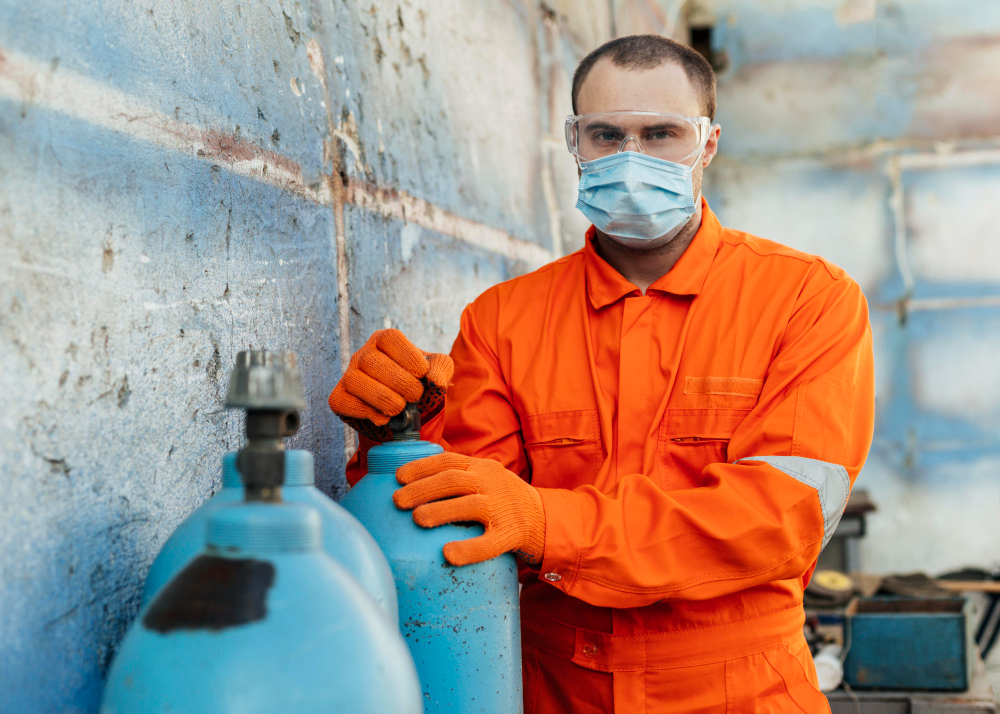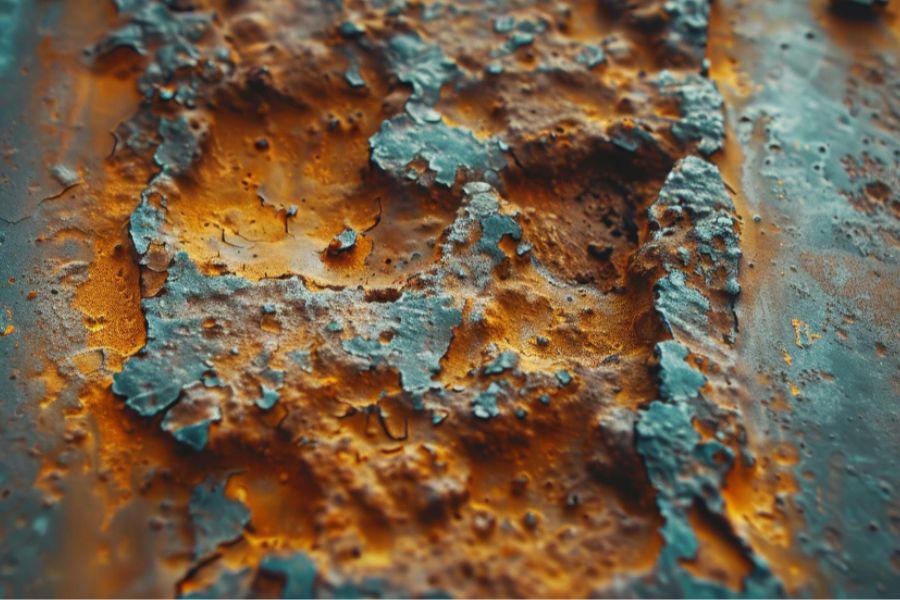Essential Strategies to Combat Corrosion and Rancidity in Everyday Life

Corrosion and rancidity are two significant phenomena that impact both materials and food products, leading to economic losses and safety concerns. Corrosion refers to the degradation of metals due to chemical reactions with their environment, often resulting in structural damage and increased maintenance costs. In contrast, rancidity pertains to the spoilage of fats and oils, which can produce unpleasant odors and flavors, rendering food unfit for consumption.
Understand the Basics
Corrosion refers to the deterioration of materials, particularly metals, due to chemical reactions with their environment. Rancidity, on the other hand, is the process of deterioration in fats and oils, resulting in off-flavors and smells. Recognizing the differences between corrosion and rancidity is crucial for effective prevention strategies. By understanding these processes, you can better identify potential risks and take appropriate action to mitigate them before they escalate.
Incorporating this knowledge into your daily practices can help you select the right materials for construction or production, ultimately extending the lifespan of your assets and ensuring the quality of your food products.
Monitor Environmental Conditions
Corrosion is often accelerated by environmental factors such as humidity, temperature, and exposure to corrosive agents like salts or acids. Similarly, rancidity can be triggered by exposure to light, heat, and oxygen. Regularly monitoring these conditions can help you mitigate risks related to corrosion and rancidity. For example, maintaining optimal humidity levels in storage areas can significantly reduce corrosion rates on metal surfaces.
Additionally, using temperature-controlled storage for food items can slow down rancidity, preserving their flavor and nutritional value for a longer period. Investing in monitoring technology can provide real-time insights, allowing for immediate adjustments to be made.
Use Protective Coatings
Applying protective coatings to metals can significantly reduce the risk of corrosion. This includes options like paint, galvanization, or powder coating, which can act as barriers against environmental factors. Similarly, food products can be protected from rancidity through proper packaging and storage methods. Invest in high-quality coatings for metal surfaces to create a durable shield against moisture and corrosive substances.
For food items, choosing vacuum-sealed packaging or opaque containers can limit exposure to light and air, further extending their shelf life and maintaining quality. Regularly check these coatings for wear and damage, ensuring they remain effective.
Choose the Right Materials
Selecting corrosion-resistant materials, such as stainless steel or aluminium, can help minimize corrosion. These materials are specifically designed to withstand harsh environments, reducing maintenance costs in the long run. For food products, choose oils that have a higher resistance to rancidity, such as olive oil or coconut oil, which have better shelf stability compared to others.
By prioritizing materials with natural antioxidant properties, you can significantly delay the onset of rancidity, ensuring that your food remains fresh and flavorful for longer. This proactive approach not only enhances safety but also improves customer satisfaction.
Implement Regular Maintenance
Routine maintenance is essential for preventing corrosion in infrastructure and equipment. This includes inspecting and repairing any signs of corrosion promptly, as even small areas of rust can expand quickly. Similarly, check the expiration dates of food products and discard any that show signs of rancidity, as consuming spoiled items can lead to health risks.
Developing a structured maintenance schedule can help ensure that these tasks are performed consistently, allowing you to address potential issues before they lead to significant damage or losses. Regular audits of your inventory can also help in identifying products that may be nearing their shelf life.
Educate Yourself and Others
At CORCON Institute of Corrosion, we emphasize the importance of education. Attend workshops, seminars, and training sessions focused on corrosion and rancidity to keep yourself updated with the latest research and techniques. Understanding these concepts will empower you to take proactive measures against their effects.
Sharing this knowledge within your organization or community can create a culture of awareness and responsibility, fostering better practices in handling materials and food products. Consider organizing informational sessions to spread awareness about the importance of corrosion protection and food safety.
Seek Professional Advice
If you encounter significant issues with corrosion and rancidity, don’t hesitate to seek professional advice. The experts at CIC are available to provide guidance on best practices and innovative solutions tailored to your specific needs. Engaging with professionals can help you develop effective strategies that are grounded in research and proven methodologies. Additionally, collaborating with experienced technicians can enhance your understanding of the tools and technologies available for combating these issues, ultimately leading to more effective management of corrosion and rancidity in your operations.
Frequently Asked Questions
What is corrosion, and why is it a problem?
Corrosion is the deterioration of metals due to chemical reactions with their environment, often resulting in structural damage and increased maintenance costs. It weakens materials, shortens the lifespan of infrastructure and equipment, and leads to economic losses.
How does rancidity differ from corrosion?
While corrosion affects metals, rancidity impacts fats and oils, causing them to spoil. Rancidity produces unpleasant odors and flavors in food, making it unsafe for consumption. Both issues involve chemical degradation but affect different types of materials.
What are the most effective ways to prevent corrosion?
Key strategies include using corrosion-resistant materials (like stainless steel), applying protective coatings, monitoring environmental conditions, and conducting regular maintenance. Coatings such as paint, galvanization, or powder coating act as barriers against corrosive elements.
How can I prevent rancidity in my food products?
To prevent rancidity, store fats and oils in temperature-controlled, oxygen-free, and light-restricted environments. Opt for vacuum-sealed or opaque packaging and choose oils like olive or coconut oil, which have natural antioxidant properties and longer shelf stability.
Key Takeaways
By following these tips, you can effectively manage the challenges posed by corrosion and rancidity. For more information on corrosion awareness and prevention, explore the programs offered by the CORCON Institute of Corrosion (CIC). Our commitment to enhancing the quality and range of services in corrosion protection will help you navigate these challenges successfully. Remember, knowledge is your best defense against the detrimental effects of corrosion and rancidity.
Image Reference: Freepik
Disclaimer: All trademarks, logos, and brand names are the property of their respective owners. All company, product, and service names used in this website are for identification purposes only. Use of these names, trademarks, and brands does not imply endorsement.
